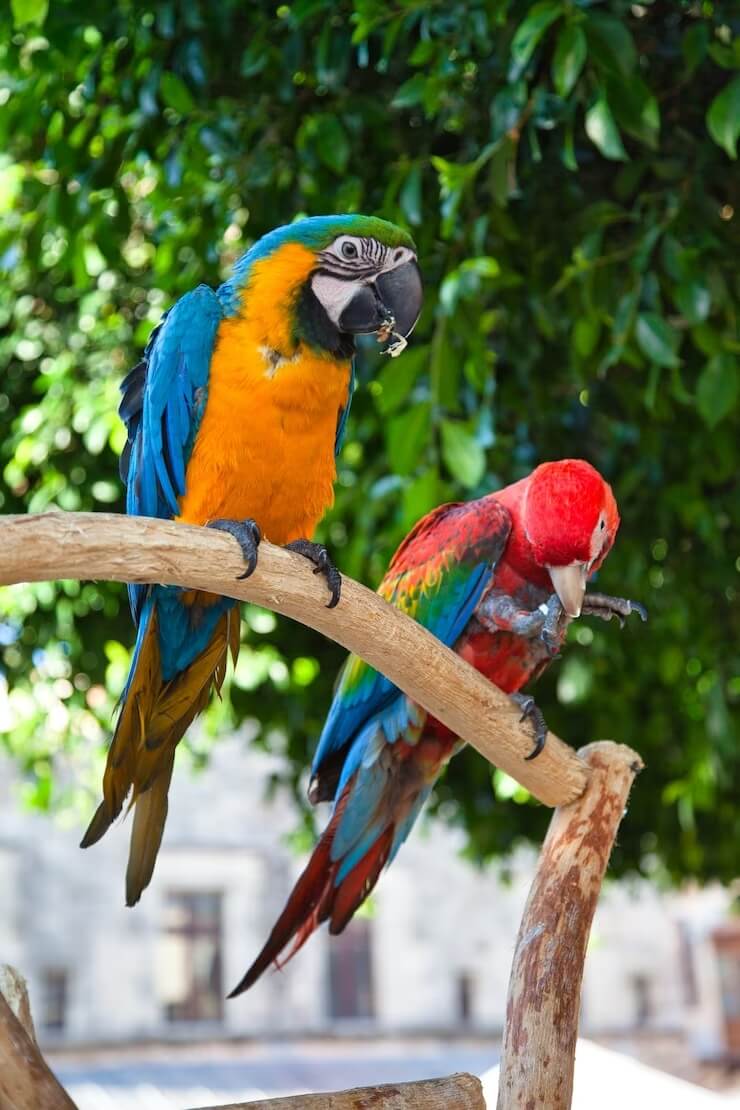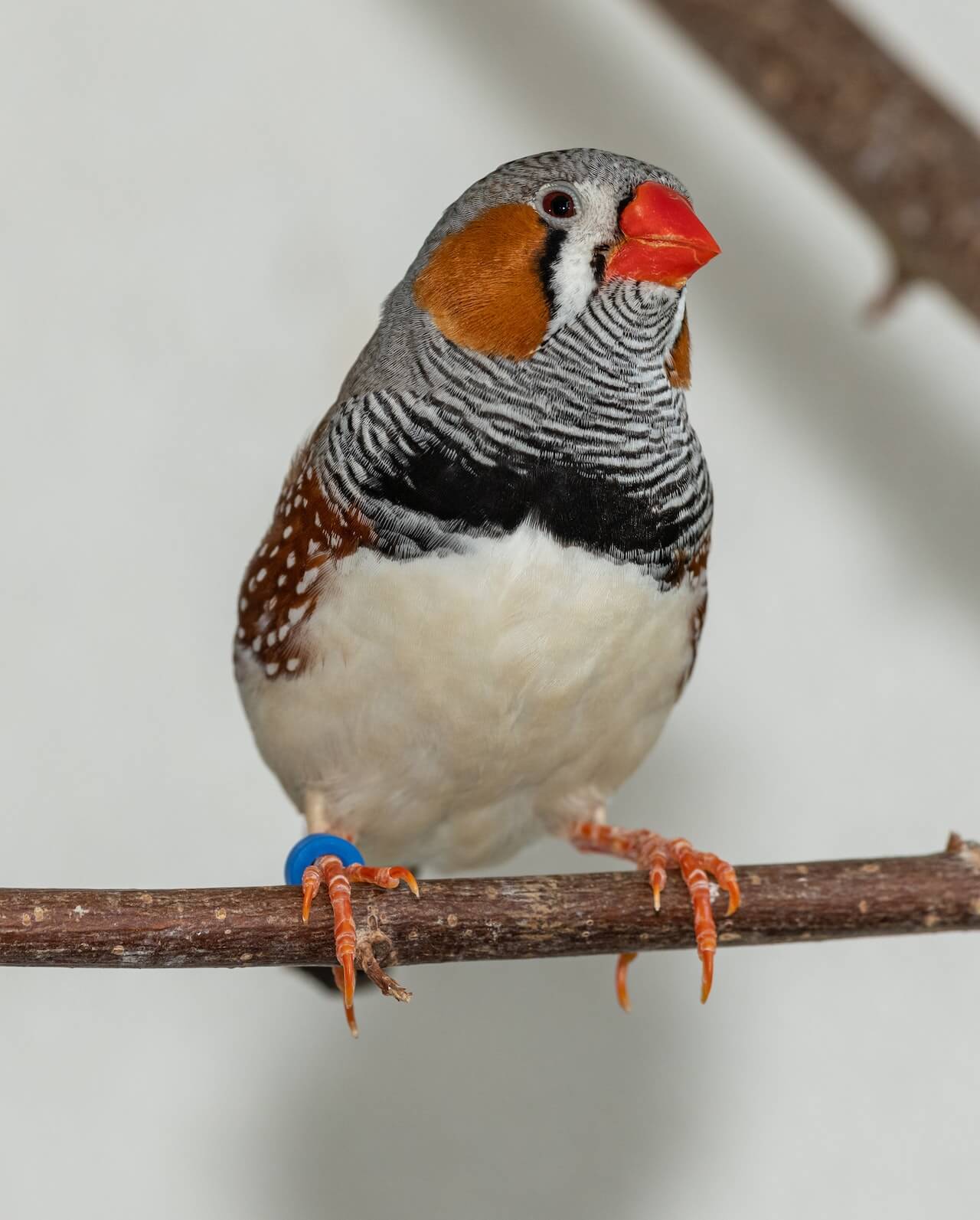Finches are delightful and charming birds that make wonderful pets. Known for their vibrant plumage and cheerful chirping, these small avian companions are relatively easy to care for, making them an ideal choice for both novice and experienced bird enthusiasts. In this guide, we will explore the basics of keeping finches as pets to ensure they thrive in your care.
1. Choosing the Right Finch Species

There are various species of finches, each with its unique characteristics and care requirements. Some common finch species kept as pets include Zebra Finches, Society Finches, Gouldian Finches, and Spice Finches. It’s essential to research and select a species that aligns with your preferences and experience level.
2. Housing and Cage Requirements
Finches are social birds that enjoy the company of their own kind. Ideally, keep finches in pairs or small groups to prevent loneliness and provide companionship. When it comes to housing, consider the following:
- Cage Size: Choose a spacious cage that allows room for flight and exercise. For a pair of finches, a cage with dimensions of at least 24 inches in length, 16 inches in width, and 24 inches in height is suitable.
- Bar Spacing: Ensure that the cage has appropriate bar spacing to prevent escapes or injury. For small finch species, a spacing of 1/4 to 1/2 inch is recommended.
- Perches: Offer various perches of different sizes and materials to promote foot health and exercise.
- Nesting Area: If you plan to breed finches, provide a suitable nesting box or area within the cage.
3. Diet and Nutrition
Proper nutrition is crucial for the health and vitality of your finches. Their diet should consist of:
- Finch Seed Mix: Offer a high-quality finch seed mix as the primary food source. Ensure it’s fresh and free from contaminants.
- Fresh Vegetables: Provide a variety of fresh, chopped vegetables such as spinach, kale, and carrots.
- Fruits: Offer small amounts of fresh fruits like apples, pears, or berries as an occasional treat.
- Egg Food: Some finch species benefit from egg food, a protein-rich supplement, especially during breeding season.
- Calcium: Supply cuttlebone or calcium supplements to meet their calcium needs.
- Fresh Water: Always provide clean and fresh water in a shallow dish or water dispenser.
4. Environmental Enrichment
Finches are active birds that need mental stimulation and exercise. Enhance their environment with these enrichment options:
- Toys: Include safe, non-toxic toys, such as swings, bells, and mirrors, to keep them engaged.
- Bathing: Finches enjoy bathing. Provide a shallow dish of water for them to bathe in or mist them gently with water.
- Foraging Opportunities: Hide treats or seeds in various locations within the cage to encourage natural foraging behaviors.
- Musical Stimulation: Some finches respond positively to soft background music or the sounds of nature.
5. Socialization and Handling
While finches are generally not birds that enjoy being handled, they do appreciate social interaction with their own kind. Spend time observing them, talking to them, and offering treats to build trust. If you need to handle them for any reason, do so gently and calmly to avoid causing stress.
6. Health and Veterinary Care
Regularly monitor your finches for signs of illness, including changes in behavior, appearance, or eating habits. Common health issues in finches include mites, respiratory infections, and nutritional deficiencies. If you notice any concerning symptoms, consult an avian veterinarian with experience in treating finches.
7. Breeding Considerations
If you plan to breed finches, ensure you have a suitable nesting area within the cage and that the birds are of breeding age. Research the specific breeding requirements of your finch species, as they vary from one species to another. Be prepared to provide proper care for the parents and fledglings.
Conclusion
Keeping finches as pets can be a rewarding experience filled with the joy of observing their playful and sociable behaviors. By selecting the right finch species, providing appropriate housing and nutrition, offering environmental enrichment, and monitoring their health, you can ensure that your finches thrive in your care.

Remember that finches have individual personalities and preferences, so it’s essential to adapt your care routine to meet their specific needs. With proper attention and care, finches can become cherished members of your household, brightening your days with their delightful songs and colorful plumage.


